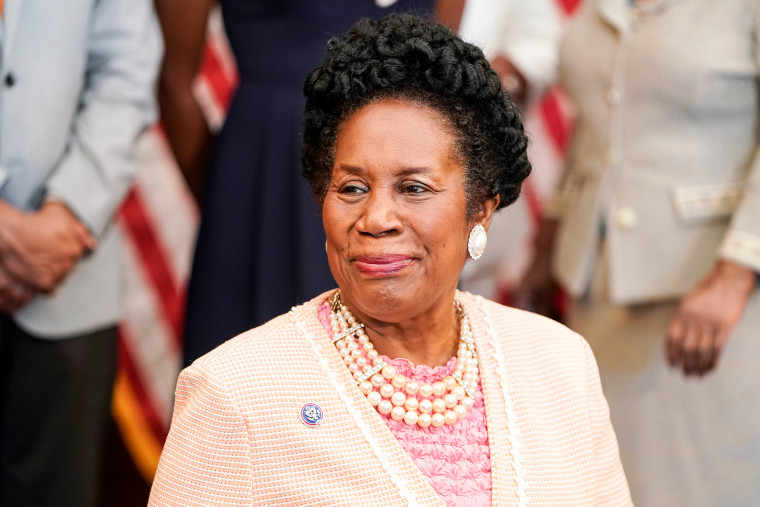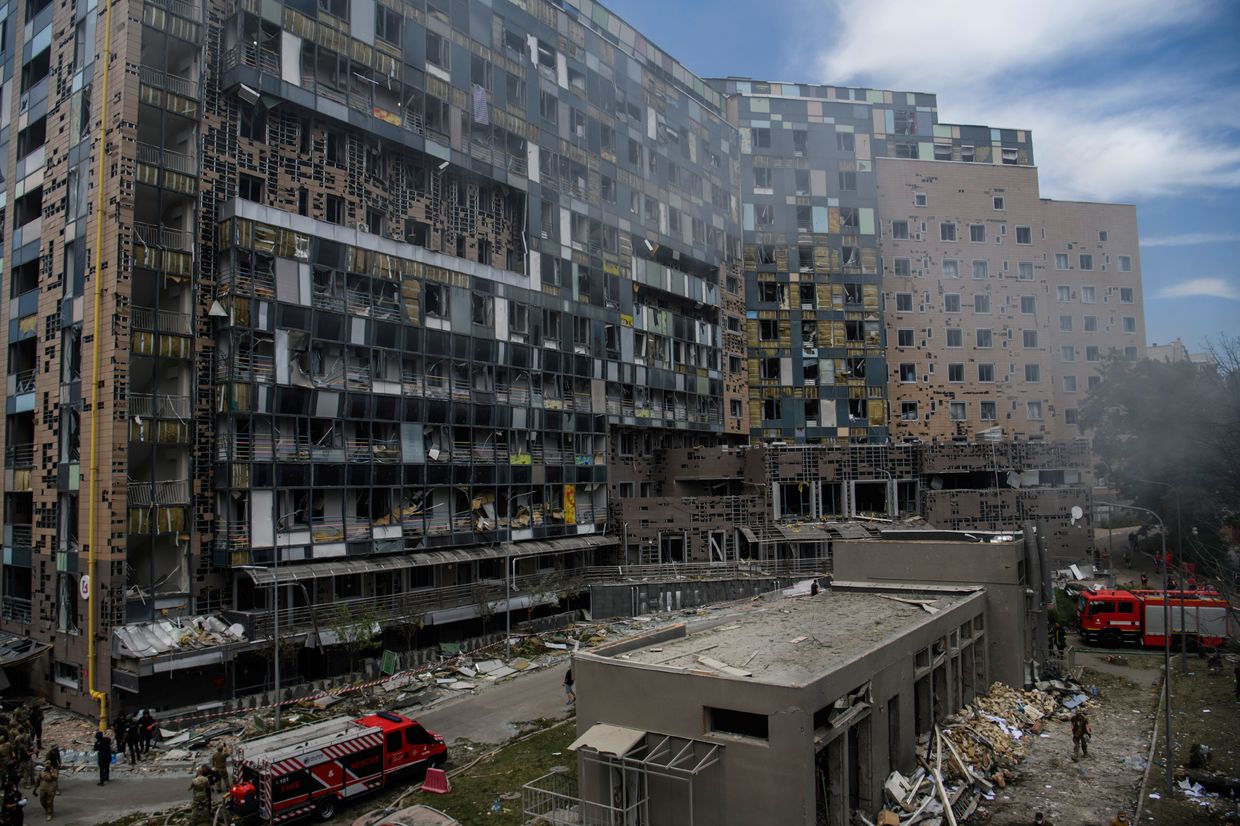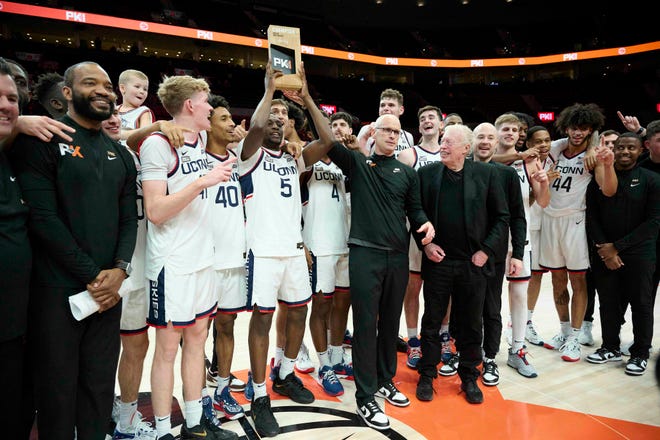There has been no shortage of discussion and debate about how the COVID-19 pandemic has disrupted K-12 education and its impact on students, from learning lost or delayed due to distance learning to missing milestones like graduation ceremonies and proms.
But as the cloud of COVID-19 lifted, so did their older peers at colleges and universities, especially in the social interactions and friendships that should have been hallmarks and lifelong memories of college life, but are now compressed into one year, if at all.
“The pandemic has affected my social life, honestly, in the worst possible way,” said Kathryn Pace, a senior television and digital media major at Montclair State University, who discussed her expectations for college and how things got off to a good start four years ago. .
“I finally felt like I made friends and found my group,” Pace recalled of her freshman year.
Everything just stopped
“[When] everything stopped and everything shut down, all those relationships I was making, that group I found, and the time management skills I was doing to try to balance my social life, work, and school; it all just went to waste.”
U Harvard University study in 2021 on how the pandemic has increased loneliness, especially among people in the 18-25 age group, more than 61% reported feeling lonely, and 43% of this group said it had worsened since the pandemic.
‘I think so [COVID-19] left many young men quite fragile; worry about their future and feel cut off from their peers.’ — Phoebe Farber, Montclair State adjunct professor and psychotherapist
A report from the Centers for Disease Control and Prevention found similar effects, with at least one “adverse mental or behavioral health symptom” reported by nearly three-quarters of college-age respondents.
Current college seniors are right in the middle of this, where the lockdown began at the end of their freshman year, and now they are preparing to graduate as life begins to return to normal. For some, it’s a freshman year that doesn’t feel like just another freshman year.
While the initial period of isolation was difficult for Pace, a senior at Montclair State, the return to college life was just as difficult. “When the classes first started, I ended up going into therapy because my anxiety got really bad,” she said. “I had several panic attacks within an hour, which was really bad.”
Panic after isolation
This isolation panic is common, according to Montclair State adjunct professor and psychotherapist Phoebe Farber.
“One of the main ways that [college students have] affected … goes from being really isolated in their homes and having to study online to then coming back in person and expecting them to work and perform at the same level,” Farber said.
“I think so [COVID-19] left many young men quite fragile; worry about their future and feel cut off from their peers.’
 Author: (Emma Colon)
Author: (Emma Colon)Jackie Sanchez, a senior at Montclair State and a visual communication design major, said she felt that way, but she had a completely different approach to solving it.
“I feel like the depression definitely hit me,” Sanchez said. “I lived alone with my boyfriend, but he was working. I was literally home alone and he works until 9pm, so I stayed at home and got a dog because I was depressed and lonely.’
On the rise
Montclair State University junior and physical education major Eric Drottos struggled like Pace and Sanchez to the point where he became withdrawn. But now he feels much better.
 Author: (Emma Colon)
Author: (Emma Colon)“I think I branched out a little bit after the pandemic, but after that I still kept to myself,” Drottos said. “I would say a year [it took, I broke out of it] summer 2021. Now I’m comfortable.”
“Now I’m here, a senior, and I feel like, yeah, I know people, but I don’t really have a lot of friendships with people,” Pace said.
Farber said the best way college students and anyone can deal with it is to just talk about it.
“I think there could be more room to talk about how you feel now, having a chance to reflect [COVID-19] now that we’re out of that and back in person,” Farber said. “It gives you perspective, it’s actually a great time to talk about it because you have that perspective.
When you’re in it, it’s a little harder to know exactly what you’re feeling, but looking back is a really wonderful time to better understand what it was like for you.










